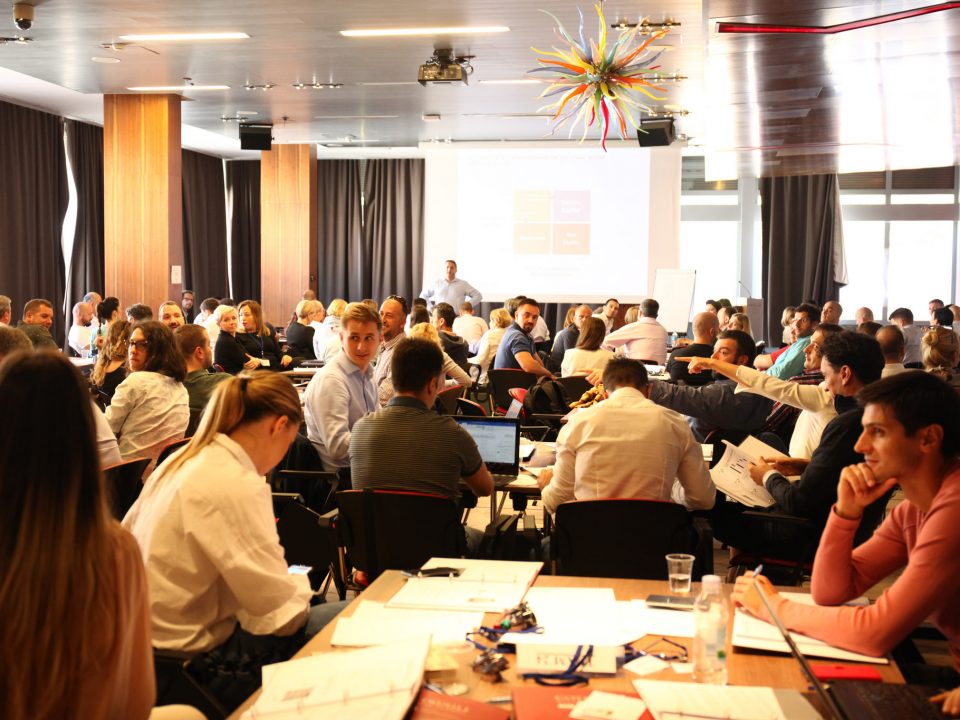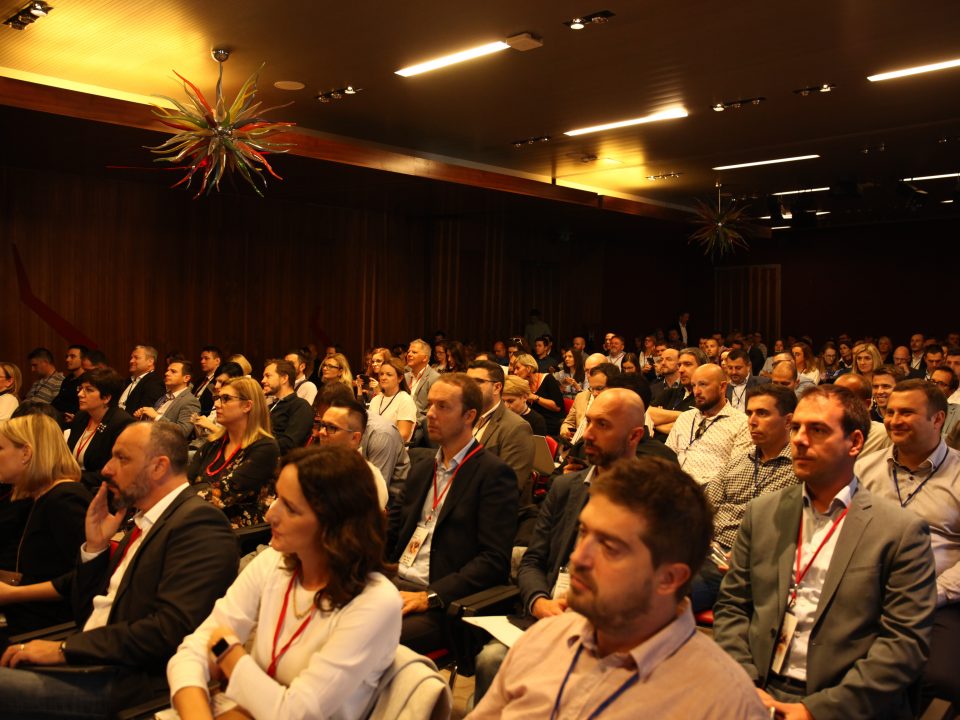Thoughts on new technologies by Terence Tse

The official agenda of Business 4.x & Future of HR conference 2018
27th September 2018Terence Tse, apart from being an Associate Professor of Finance at the ESCP Europe Business School and a visiting professor at COTRUGLI Business School, is a co-founder of Nexus FrontierTech, an artificial intelligence studio. As one of the key speakers at the Business 4.x & Future of HR Conference, he shared a few thoughts on a new technology with us. Take a look!
1. How new tech can deliver real value to companies?
Tech only really delivers value when it is properly integrated into the system, properly embedded in the organization. Time and time again, we have seen in the past the failed introduction of IT system as a result of humans not willing to use it to its full potentials if use it at all. Current new technologies are no difference. No matter how much money, time and efforts one puts in to set up the AI capability for a company, it is only useful when the human staff are happy and able to use them. Put it differently, companies will have to redesign workflows, processes, customs and even culture. These are usually not things executives prepared to deal with then thinking about technologies.
2. What are three key advices that you would give to big corporates grappling with digital transformation?
A) They need to be willing to take the time to identify/map out the current workflows as to see how the new tech can be used with maximum effect. Later, they will have exercise efforts to change the workflows to adapt the tech. This can be a very time-consuming exercise.
B) Be narrow-minded. Technologies are not panacea. Even current AI technology can only achieve very little and serve a very, specific, well-defined goal. If someone is selling you AI strategy, don’t believe it. AI is only a tool and does not have enough intelligence to deal with vague, ill-defined issues. In this sense, it is always easier to use tech to create cost saving rather than additional revenue.
C) Note what should be best done by humans and what should be done by technologies. Humans and technologies excel in different jobs. And then there is the integration of humans and technologies. Just like two companies merging, the real work is not in the thinking through or even bringing the two companies on Day 1; it is the post-merger integration part that is critical – making changes at the back but keeping business as usual at the customer-facing front.
3. What are the challenges in adopting new technologies?
- Developing a proper understanding of how tech can work in the individual business situations
- Technologies are expensive – obtaining the budget necessary can be difficult
- Getting the buy in of the employees who will be affected by the introduction of the tech and how to help them go through the transition
4. What do you think, how will intelligent technologies affect employees and their productivity in the future?
Intelligent technologies are not likely to eliminate positions. However, what they are most likely going to do is to eliminate parts of our jobs. Companies need to think about how to upskill employees so that they can continue to do well and better in those aspects that people can do best. Continuous training will help to maintain productivity.
5. Can you summarize the positive outcomes of the change process?
While it is likely that it will be both difficult and risky during the introduction and transition period – and a lot of attention and efforts will be needed to deal with them, intelligent automation will lead to a great deal of benefits in a longer run. Question is if the company has the courage to walk on the tough trek to get to the destination?
To see other Conference’s speakers and how to apply, please visit: http://cotruglidays.cotrugli.org
Looking forward to seeing you in Umag!




